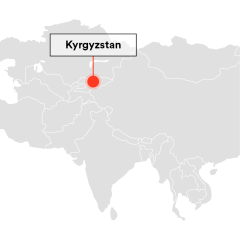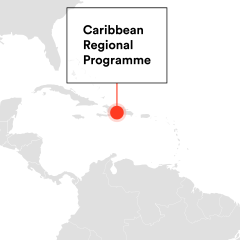Conduct ethical data collection

Conduct ethical data collection
Case Studies

Spotlight Initiative’s Kyrgyzstan Programme revised and updated existing ethical guidelines and protocols for data collection, sharing and reporting on SGBV/VAWG, and integrating confidentiality and safety provisions. In 2022, the programme provided capacity development to the Office of the National Statistics Committee (NSC), and other responsible public bodies on collecting statistics based on recent legislative amendments related to gender-based violence, to develop standardised reporting forms and ethical protocols for the use of VAWG data as well as digitise case management. These efforts contributed to the increased availability of statistics online and to harmonising and assuring quality administrative data in different sectors.
With the support of the programme, the NSC improved its data-sharing policy and communication strategy through standardised reporting forms, ethical protocols, data collection, registration and reporting forms, the drafted versions of the Privacy Policy, methodological aspects of establishing facts of crime against women, and methodological provisions related to crime statistics (which were reviewed by the NSC methodological council in May 2022). As a result, the Chairman of the NSC approved the Methodological Framework for Conducting Investigation of Facts of Violence against Women and Methodological Provisions on Crime Statistics through a Resolution. These documents included guidelines and ethics standards to be observed during the establishment of facts of crimes committed against women.



In the Caribbean region, Spotlight Initiative has been supporting the development of ethical guidelines for data collection. The guidelines were informed by User Producer Dialogues held across the region that brought together representatives from ministries, departments, agencies, and civil society organisations to discuss VAWG data collection and management. These dialogues underscored the urgency of addressing administrative data as a complement to prevalence data, the need for harmonisation of tools and processes for data collection and management, and the priority for standardisation including data definitions and processes within the data management cycle.
The User Producer Dialogues, along with the 2019 CARICOM Protocol Manual and the Global Technical Guidance, laid the groundwork for ethical guidelines and protocols for managing administrative data on VAWG in the CARICOM. These guidelines help ensure the ethical collection, analysis and use of sensitive data on VAWG in the region.







